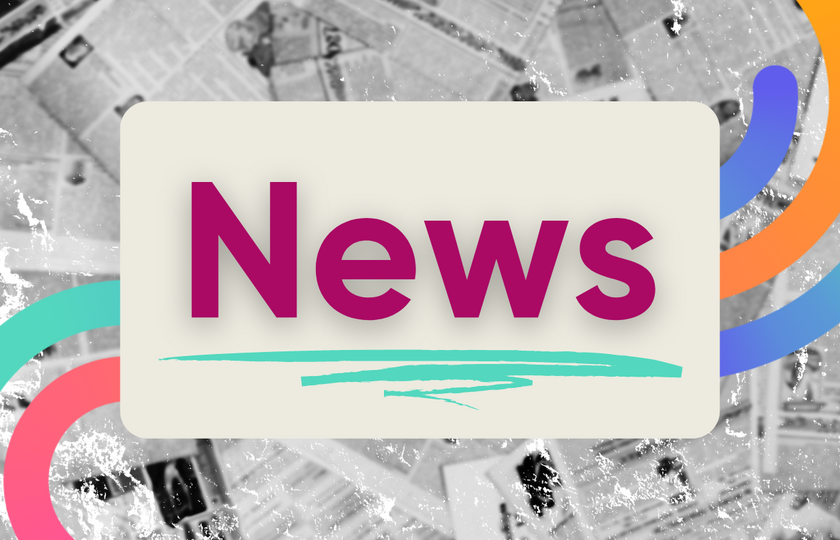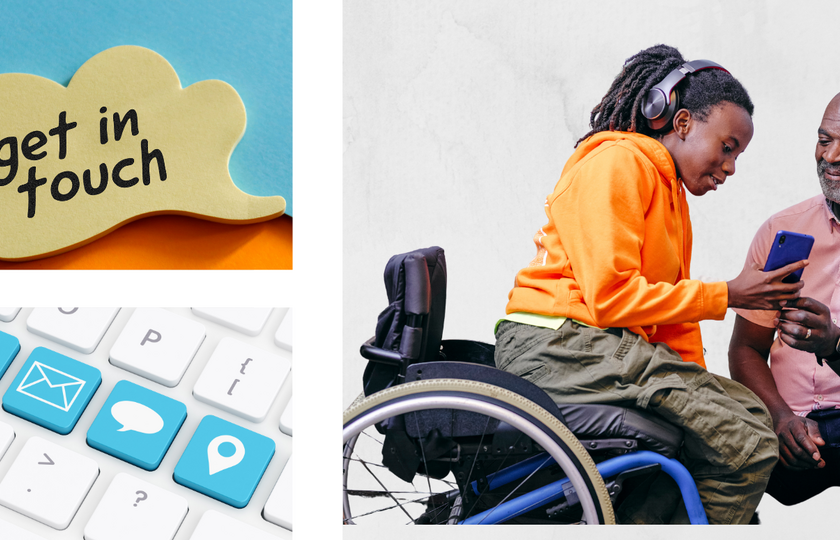News
Being Heard in Health and Social Care

Mohammed Hanif is the director of Advancement of Community Empowerment. In this article, he explains what the organisation is all about and the challenges people have in being heard in health and social care.
Advancement of Community Empowerment (ACECIC) is a Halifax-based grassroots community group which supports people who face social deprivation and isolation, who require financial support and who experience language barriers in accessing healthcare. We work particularly closely with the Asian community.
Our directors and volunteers have extensive experience in public service and community work. We work with local authorities, GPs and other organisations, such as Disability Support Calderdale, to educate local people about health and social care, and to empower them to make informed decisions about the care they receive.
People as experts in their healthcare
People are experts in their own healthcare because they experience care directly.
When I took my dad to the GP for constantly wiping his eye, he was seen by multiple staff and was asked to do the same exercise repeatedly. Nobody asked him why he was wiping his eye or listened to him when he said he’d had a draining tube put in which had been left there for 12 months. The service would have been far more efficient if he had been listened to.
Multiple complex needs
People come to us with multiple problems. We find that poor mental health is often a result of other issues that haven’t yet been addressed. So, by serving as debt advisors, translators and by tackling social isolation, our volunteers are simultaneously addressing health inequalities.
To improve health outcomes, we need to avoid pigeon-holing people and to address underlying issues instead.
Tackling digital exclusion
Because the public sector is shrinking and many services are moving online, the risk of digital exclusion in health services is increasing. And, in the wake of Covid-19, many GP surgeries continue to conduct appointments via telephone.
We’re working with a national provider and the Good Things Foundation to provide free SIM cards to those at risk of digital exclusion. This enables our members to make calls to their GPs and helps tackle social isolation by making sure they can contact us directly too.
Being heard
As stakeholders in the NHS, we have the right to question how healthcare decisions have been arrived at and to have our voices heard. We need to make sure we build trust and develop confidence in the health and social care system by having multi-way conversations where people who use services can get involved. Only then can we understand and meet everyone’s needs.
Organisations which listen to people who use health and social care services are crucial because feedback on care helps improve services for everyone. Mohammed Hanif, Director of Advancement of Community Empowerment





